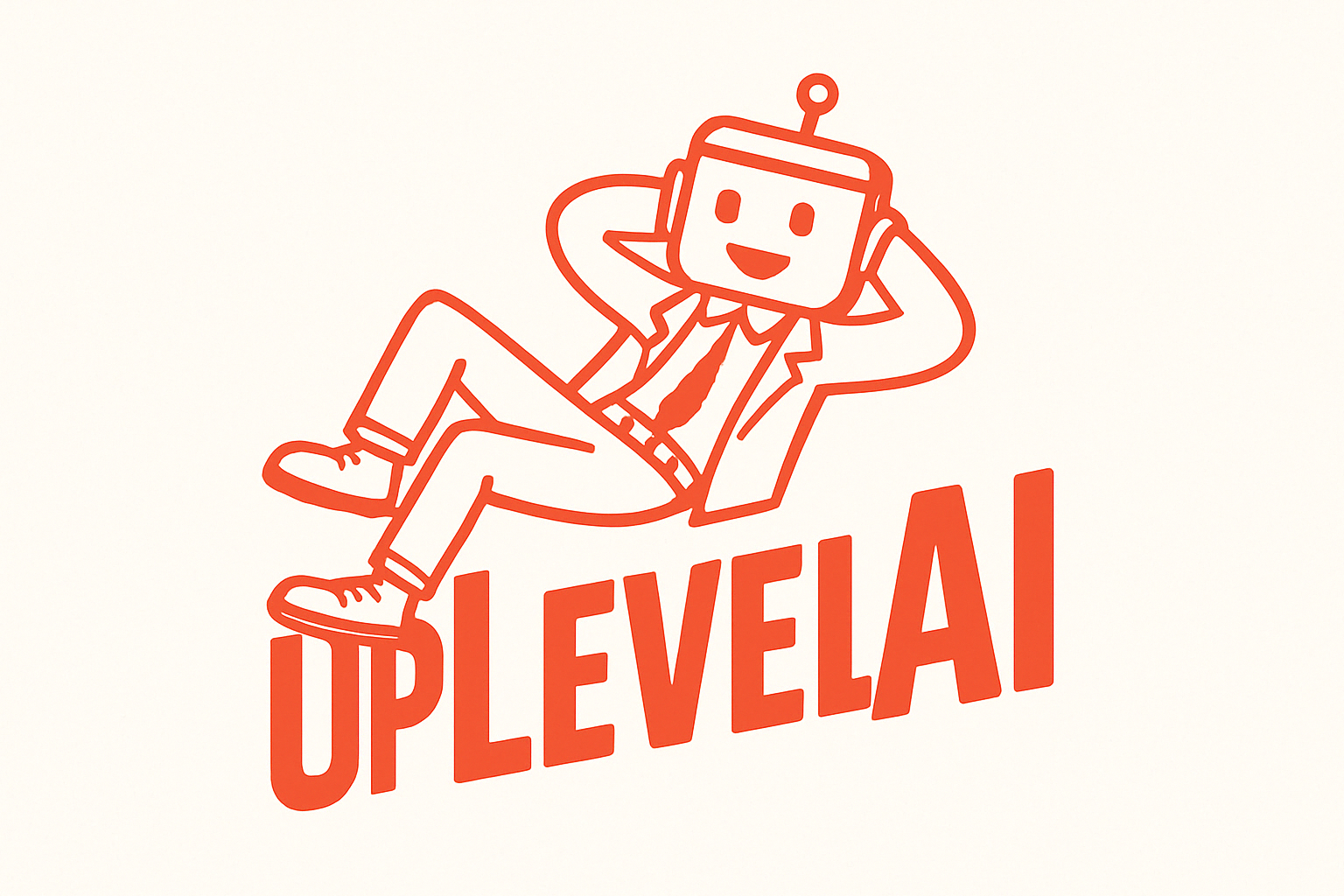What Shopify's AI Memo Missed: Culture, Safety and the Real Work of Adoption

If you’re a founder, you’ve likely felt the pressure to "do something" with AI. But the era of AI transformation isn’t just about choosing the right tools, it's more broadly about preparing your organisation to work in entirely new ways.
The recent internal memo from Shopify’s founders in my view is the start of a turning point in how companies view AI and their expectations. It was a non-apologetic ultimatum warning employees that AI is not just a nice to have, but a fundamental expectation for anyone across all roles (even going as far as being included in performance reviews).
With this clear stick-over-carrot approach of bringing AI to the forefront of everyone's day-to-day, it got me thinking about whether the leadership team have actually prepared employees for the shift beyond just providing access to "cutting edge tools".
So here are some points to consider as a founder if you want to truly embed AI into your business, and ensure employees feel confident, empowered and energised to use AI across workflows:
1. Communicate what the future of work at your company looks like with AI
Uncertainty breeds resistance. If your team doesn’t know how AI will impact their roles, they’ll either ignore it or fear it.
Paint a clear picture of how work is changing, and what that means for them. Be honest about what’s still unclear, but make the direction feel purposeful (providing reassurance where possible). Frame AI as a tool to support them, not replace them. When people understand the "why", they’re far more likely to engage with the "how".
This might look like:
- Outlining for each department where AI can be used to enhance outcomes
- What AI can't do and the value of individual talent and contribution
- An overall vision of what their day-to-day might look like in the AI-first future
2. Turn individual learning into shared innovation
Many or most people are already experimenting with AI tools - writing better emails, summarising calls, speeding up admin, generating the odd meme. But if that learning stays siloed, which in many cases it does, the organisation misses out.
Make it easy and psychologically safe to share what’s working/what's not. Firstly, ensure the incorporation of AI fits in line with company and individual goals.
This might look like:
- Dedicated slack channels to share insights (from top prompts to new tools to innovation opportunities)
- A dedicated AI-ambassador in the company to aggregate learnings / use cases shared by the team and ensure these are progressively in line with company goals
- Tagging in 5mins in meetings to discuss use of any AI tools in a given project
- Hackathon days to solve business problems with AI, or entire AI-driven revenue streams
3. Reward sharing, not hoarding
Early adopters often see AI knowledge as a competitive edge and keep it to themselves (i.e. if this sets me apart in performance reviews, why would I share it with others?). But that slows everyone down.
Beyond being included in yearly performance reviews, shift the culture by regularly celebrating people who share tools, prompts, and workflows. Highlight them in team meetings, in slack channels, give visibility to internal creators. You could even run a monthly “best AI hack” spotlight. The more you reward contribution, the more momentum you build.
4. Focus on the right skills
Not everyone needs to become a prompt expert, but every team needs a basic level of AI fluency. Beyond this, "soft skills" are increasingly important for AI-enablement.
Key skills to prioritise:
- AI literacy: This is probably the easiest one, but knowing what tools can and can’t do is a first
- Critical thinking: Similarly, evaluating and refining AI tools and outputs
- Creative thinking: Identifying where AI can add value in the day-to-day as well as long-term strategic goals
- Prompting: Using clear, structured prompts to get better results and not giving up after one prompt
- Collaboration: Sharing learnings and building together
I'd go as far as saying, these skills should form part of every job description/early screening from the outset if companies want to build truly innovative and fast-moving cultures.
5. Build habits, not one-off training
AI is evolving so fast that currently no one is really an "expert" (expertise is also heavily context-dependent). But this is also an advantage. To truly win, I believe companies need to embed AI training into the company's fabric on a daily basis to stay on top of its latest capabilities.
This might look like:
- Helping your team build lightweight habits: a weekly tool test, a shared “prompt of the week”, or a 10-minute Friday reflection on what AI saved them time on
- Encourage team leads to integrate AI into onboarding or weekly rituals
- A dedicated AI-ambassador in the company that acts like a sounding board and ensures you're keeping up with the latest
The Shopify memo is a clear signal to the market: AI is now central to staying relevant. But what it overlooks is the essential cultural foundation needed to make this shift work, starting with psychological safety.
As a founder, your role is to lead this cultural transformation. That means creating a safe environment where your team feels empowered to experiment, share learnings, celebrate wins, and be rewarded for progress.
In return, it asks a lot of your people: courage, curiosity, creativity, adaptability, resilience, and a startup mindset, all in service of using these powerful tools to create real value.
If you're a founder, how has AI transformed your company so far?

